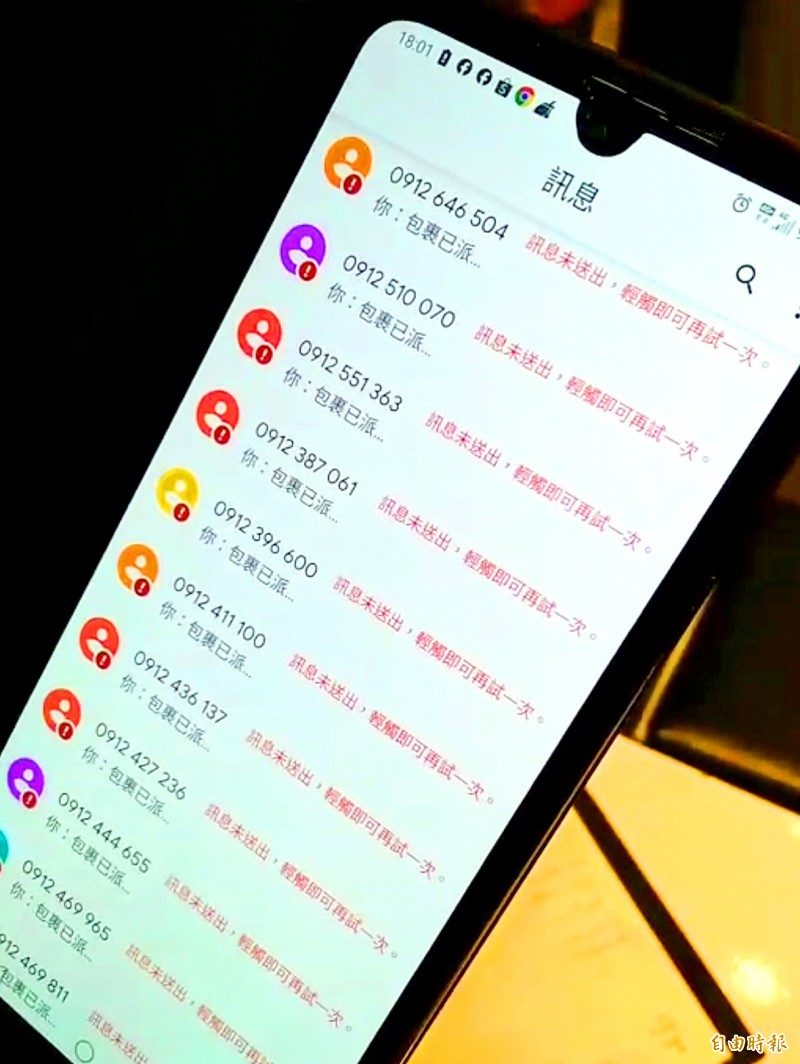《TAIPEI TIMES》 Beware dubious ads: agency
DUE DILIGENCE: The Consumer Protection Committee said that people should fact-check suspect ads and information related to COVID-19 to avoid becoming a ‘covidiot’
By Sean Lin / Staff reporter
The Executive Yuan’s Consumer Protection Committee on Thursday warned people not to fall for dubious advertisements amid the COVID-19 pandemic to avoid becoming a victim of fraud.
As fears of the pandemic spread nationwide, there has been a surge in online advertisements for bargain medical supplies, such as masks, disinfectants and forehead thermometers, but people are often at a loss as to their trustworthiness, the committee said.
These advertisements often come with slogans that almost seem too good to be true, such as “pay upon delivery,” “seven-day hassle-free return,” “zero negative feedback,” “24-hour online customer service” or “almost sold out,” as well as claims that the products have passed certifications, it said.
When people encounter such advertisements, they should first check whether the telephone number and address provided by the seller is real, the committee said, adding that if the company information cannot be verified, the advertisement is most likely fraudulent.
People who fall for the advertisements often receive substandard products or nothing at all, and the Internet Protocol addresses of these “sellers” are often overseas, it said.
Most fraudulent advertisements seek to exploit humanity’s two greatest weaknesses: greed and fear, it added.
Other fraud schemes have also taken on themes inspired by the pandemic, such as asking people to wire money into accounts purportedly for a “disease prevention fund” established by the government.
People have reported receiving text messages to claim masks they ordered that contain phishing links or that include instructions on how to use an automated teller machine to change their bank account settings to fix an unsuccessful payment for an order of masks, the committee said.
The US Federal Trade Commission has received 78,234 reports of false refunds for trips canceled due to the pandemic, online shopping fraud, text message fraud and scam rings claiming to be the US government, which have made up the bulk of fraud cases it has received this year, the committee said, adding that and the losses incurred total US$4.77 million.
In Japan and Sweden, scam rings have approached elderly citizens with offers to test them for the coronavirus and to “go out shopping” for them, while in some European nations fraudsters have been selling products that purportedly cure or contain COVID-19 which have been proven to be ineffective against the disease, it said.
People should fact-check any dubious advertisement or information about COVID-19 and remember not to pass on any suspicious information if they do not wish to become a “covidiot,” the committee said.
In related news, the Ministry of Justice Investigation Bureau yesterday said that it is investigating two people for allegedly impersonating Minister of Health and Welfare Chen Shih-chung (陳時中) and issuing a bogus message about the pandemic.
They face charges of spreading false information about the pandemic, it said.
The two, who live in New Taipei City and Hualien County, were on Thursday taken in for questioning after allegedly circulating on social media a message purportedly from Chen saying that people should not go outdoors and remain at home this weekend due to the pandemic, the bureau said.
After verifying with Chen that he did not issue such a message, the bureau tracked down the two suspects, who are to be charged with contravening provisions of the Special Act on COVID-19 Prevention, Relief and Recovery (嚴重特殊傳染性肺炎防治及紓困振興特別條例).
Separately yesterday, Hualien Tzu Chi Hospital issued a statement refuting an online rumor that the hospital has shut down due to the pandemic.
The hospital’s hours have only been curtailed for the long holiday weekend, officials said, reminding the public that disseminating misinformation could result in criminal prosecution.
Additional reporting by Jason Pan
新聞來源:TAIPEI TIMES



















